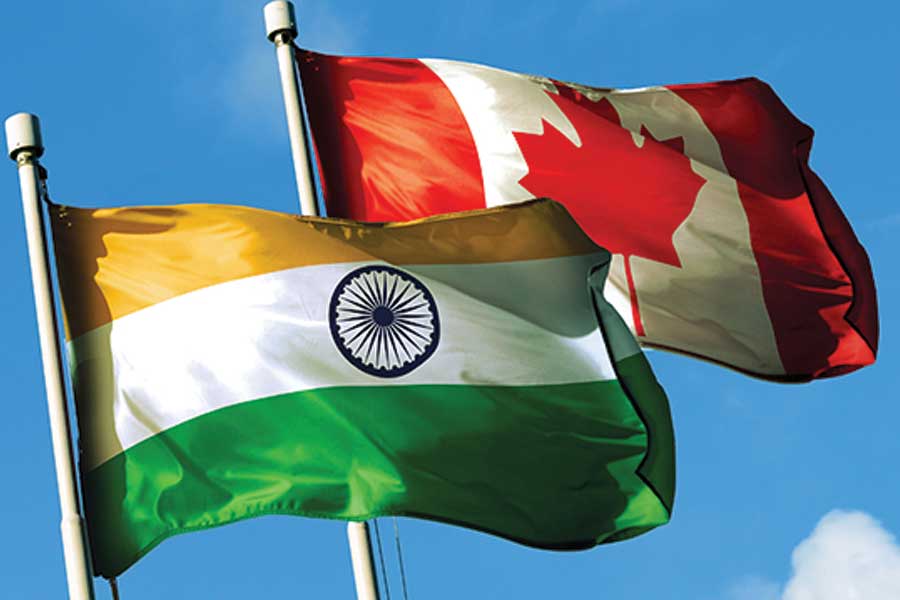Canada witnessed a significant decline in the issuance of study permits to Indian students in the latter part of the previous year, largely attributed to diplomatic tensions arising from the The killing of Sikh separatist figure Hardeep Singh Nijjar in Canada. Immigration Minister Marc Miller acknowledged that the permit numbers are unlikely to rebound soon due to strained diplomatic relations with India. This diplomatic discord resulted in an 86% decrease in study permits issued to Indian students in the last quarter compared to the preceding one.
The drop in the issuance of study permits for Indian students is linked to the expulsion of Canadian diplomats from India, which played a crucial role in the permit processing. The decline also reflects a decrease in applications amid diplomatic tensions surrounding the murder of Hardeep Singh Nijjar on Canadian soil, as revealed by Minister Marc Miller to Reuters.
Minister Miller does not foresee a rapid recovery in the number of study permits issued to Indian students, emphasizing that the strained relationship with India has significantly impacted the processing of applications. The diplomatic rift was triggered when Canadian Prime Minister Justin Trudeau implicated Indian government agents in Nijjar’s murder in British Columbia in June.
Operational setbacks occurred in October when a directive from New Delhi led Canada to withdraw 41 diplomats, reducing its Indian staff by two-thirds. Simultaneously, the diplomatic dispute influenced Indian students to explore educational opportunities in other countries, according to a spokesperson for the minister.
The repercussions were stark, with an 86% plunge in study permits issued to Indians in the last quarter compared to the previous, dropping from 108,940 to 14,910. C Gurusubramanian, counselor for the High Commission of India in Ottawa, highlighted a growing trend of Indian students considering alternatives due to concerns about living and educational amenities in some Canadian institutions.
Traditionally, Indians have comprised the largest cohort among international students in Canada, accounting for over 41% of all permits in 2022, equivalent to 225,835 individuals. Minister Miller expressed uncertainty about the diplomatic relationship’s evolution, particularly if charges were to be laid, stating that he does not see a positive resolution in the foreseeable future.
The broader context includes Canada’s stance on allegations linking Indian agents to Nijjar’s murder, a claim India dismisses. Additionally, a US charge against an individual collaborating with an Indian government employee for a murder plot in New York City, coupled with Canada’s efforts to manage international student numbers amidst a housing crunch, contributes to the complex scenario.
The decline in the enrollment of international students, particularly from India, is expected to have financial repercussions for Canadian universities. This is significant, given the annual contribution of approximately C$22 billion ($16.4 billion) to the country’s economy.A capital market firm warns that restricting access for temporary workers and international students could hinder Canada’s economic rebound and exacerbate recession risks.
Despite these challenges, Canada aims to recalibrate the influx of international students, with a focus on managing postgraduate work permit programs and ensuring the legitimacy of educational institutions. The government’s proactive stance reflects broader policy considerations and the delicate balance between education, economics, and international relations.
Keep in the touch with Visa Bud for the recent visa news updates!



